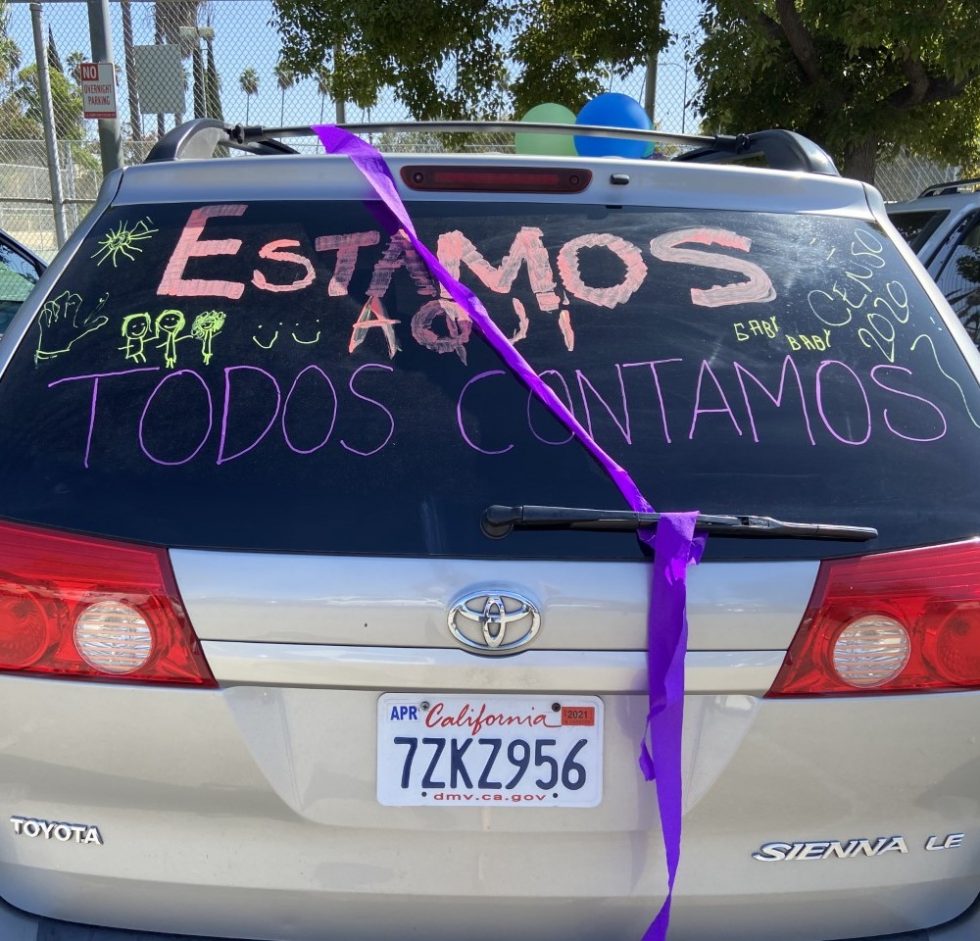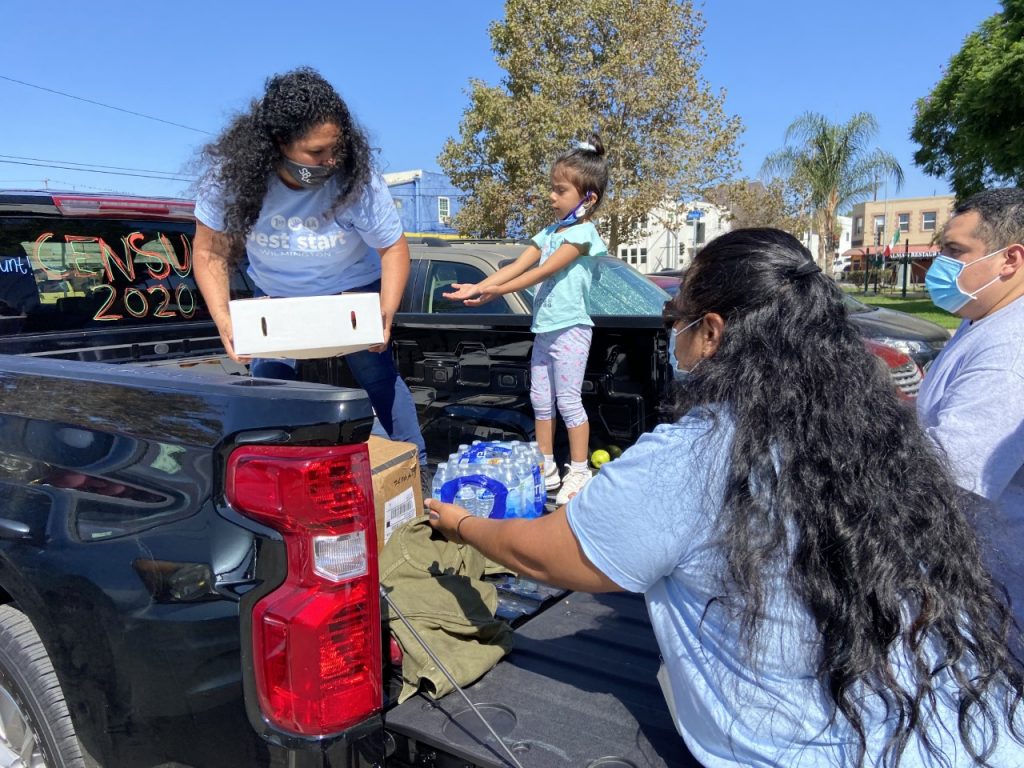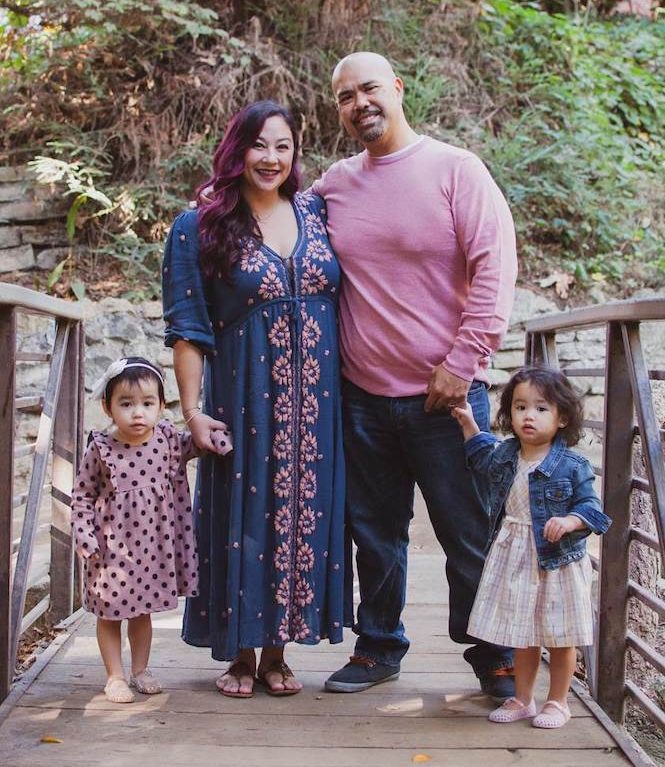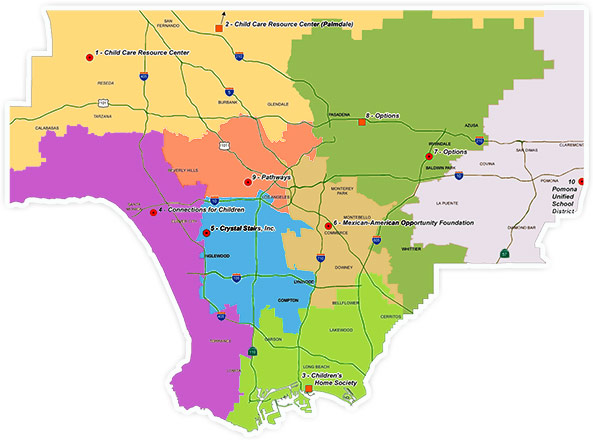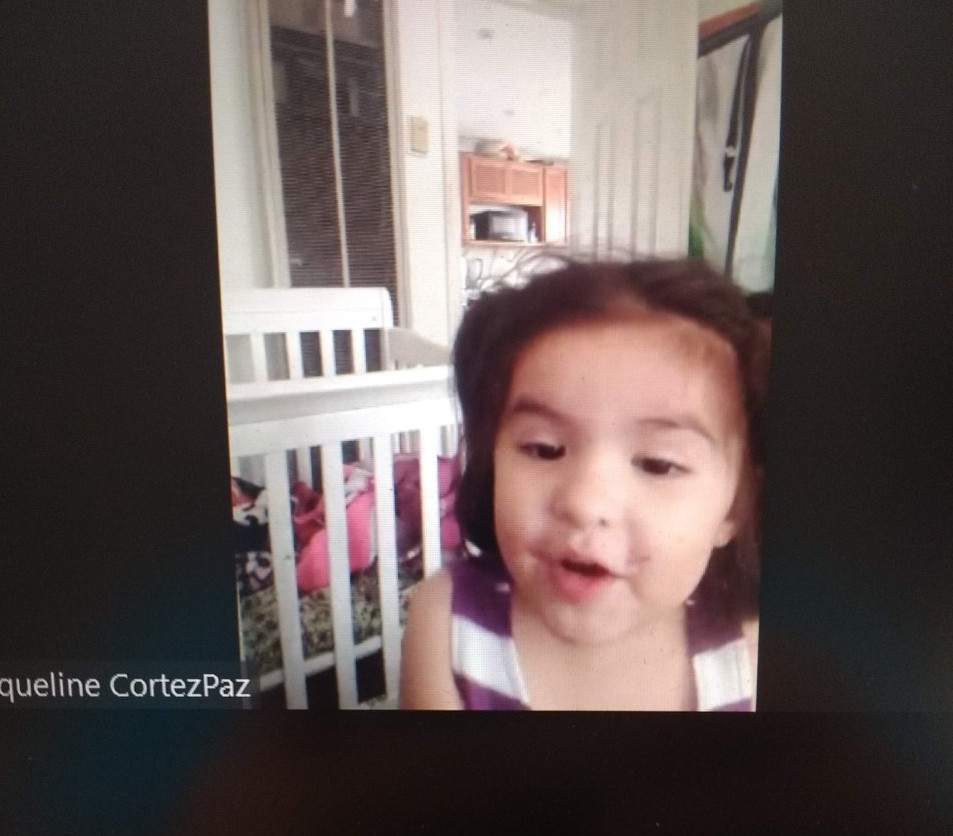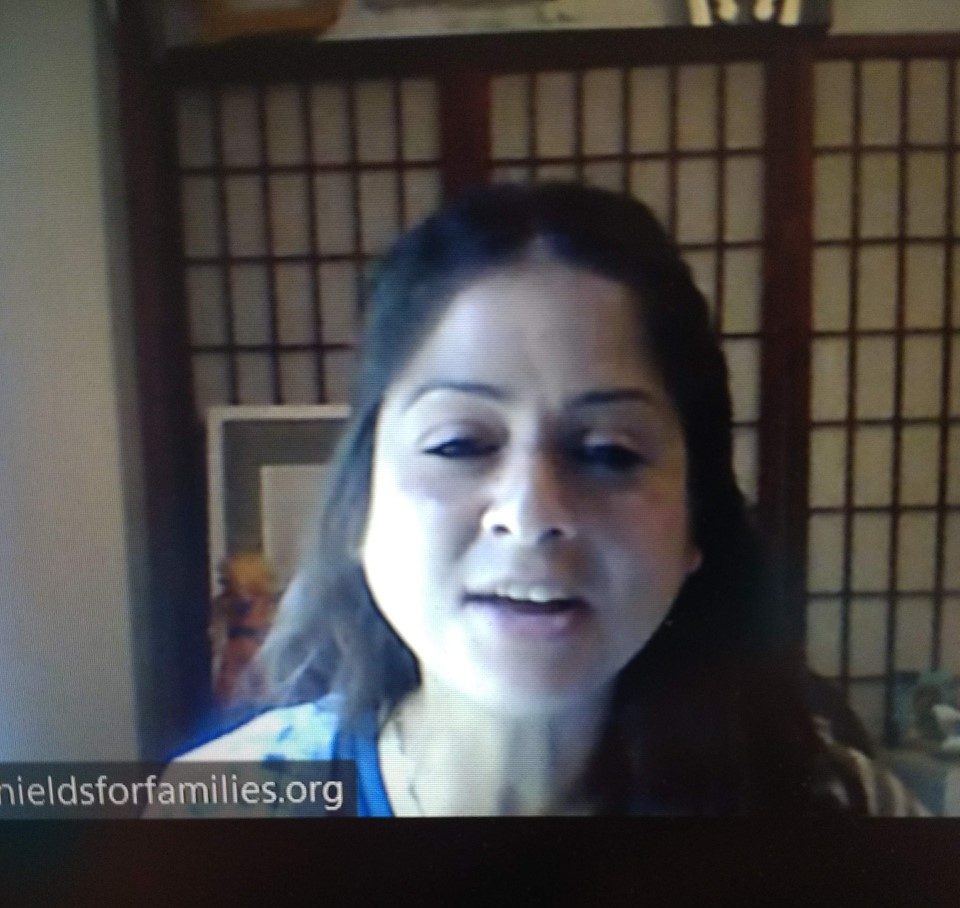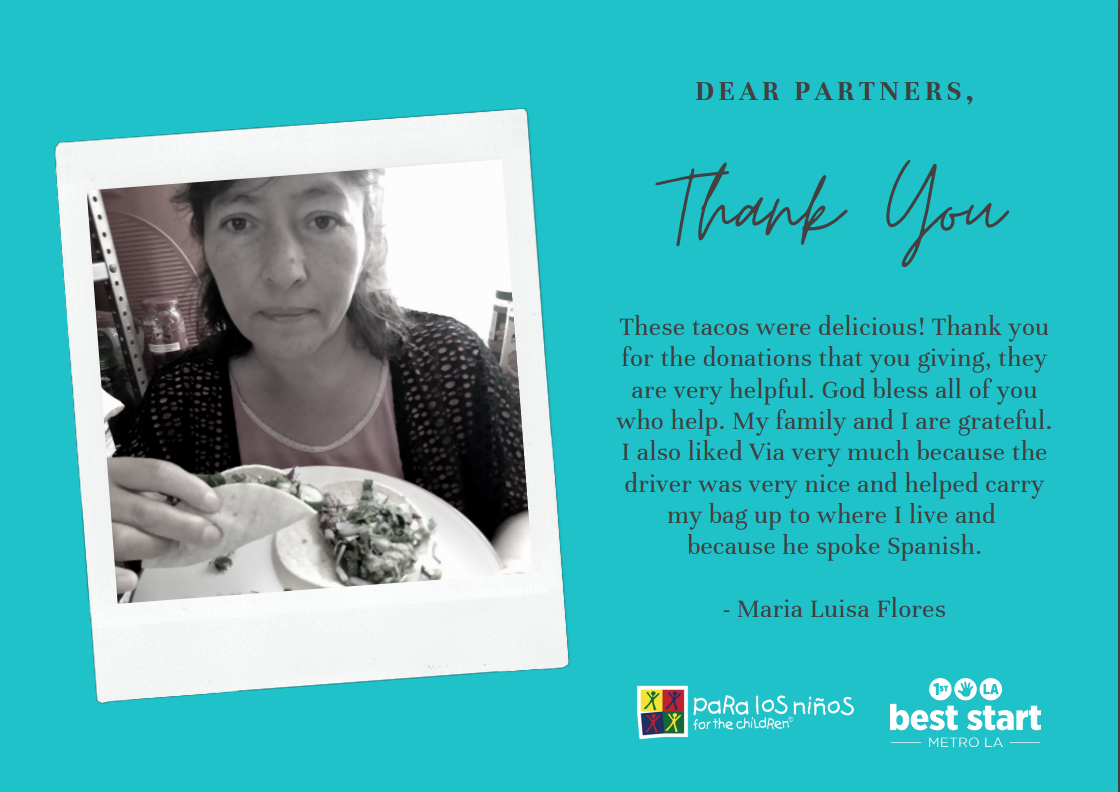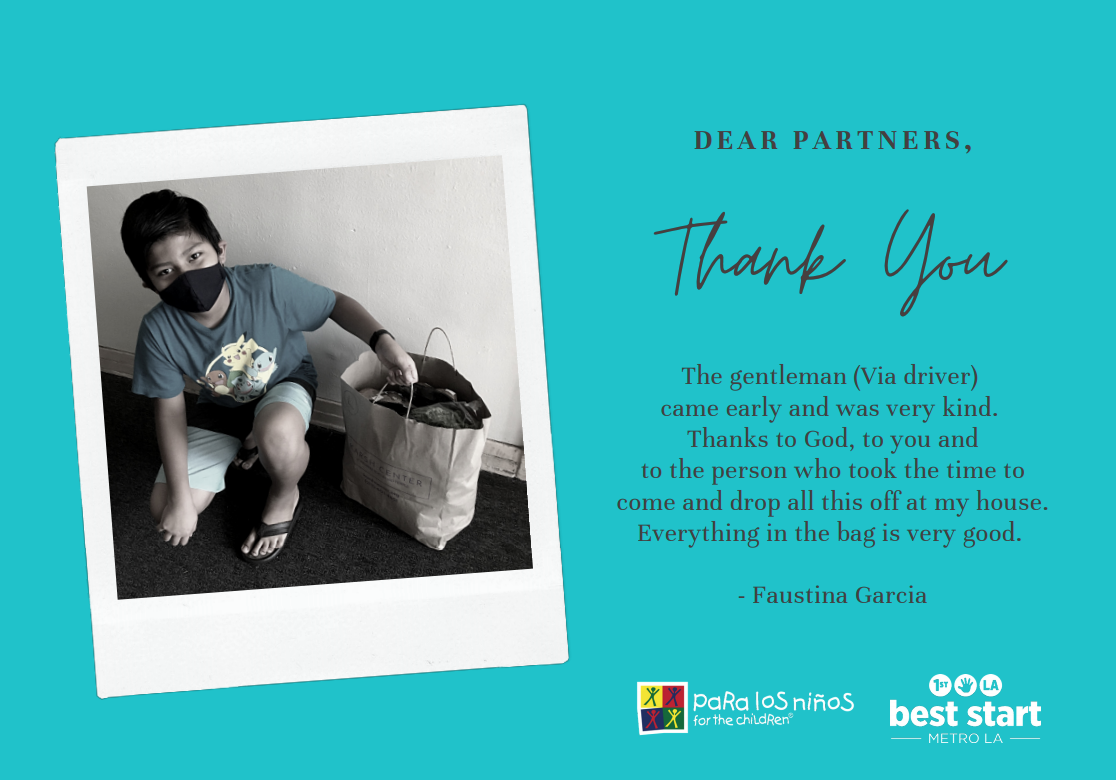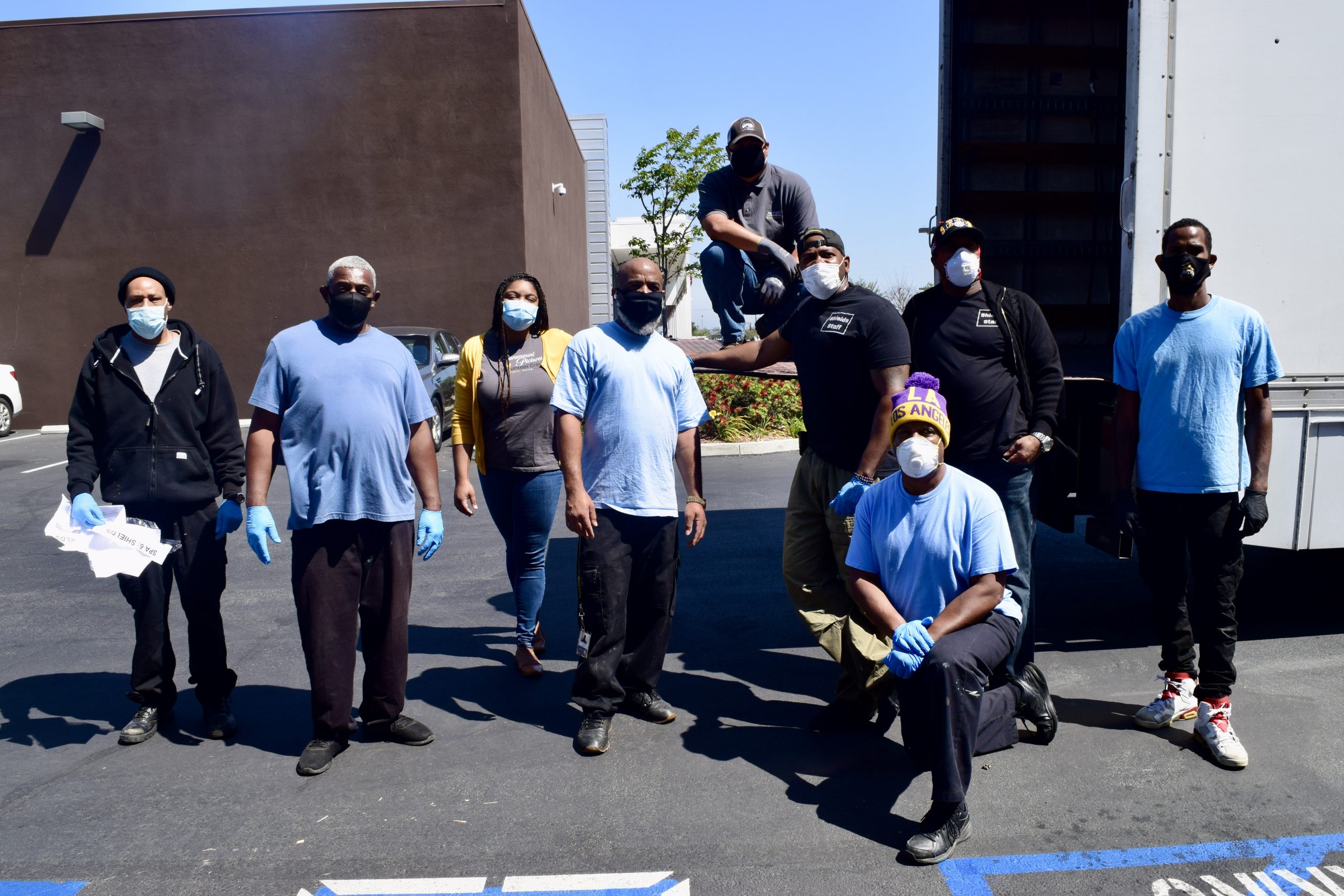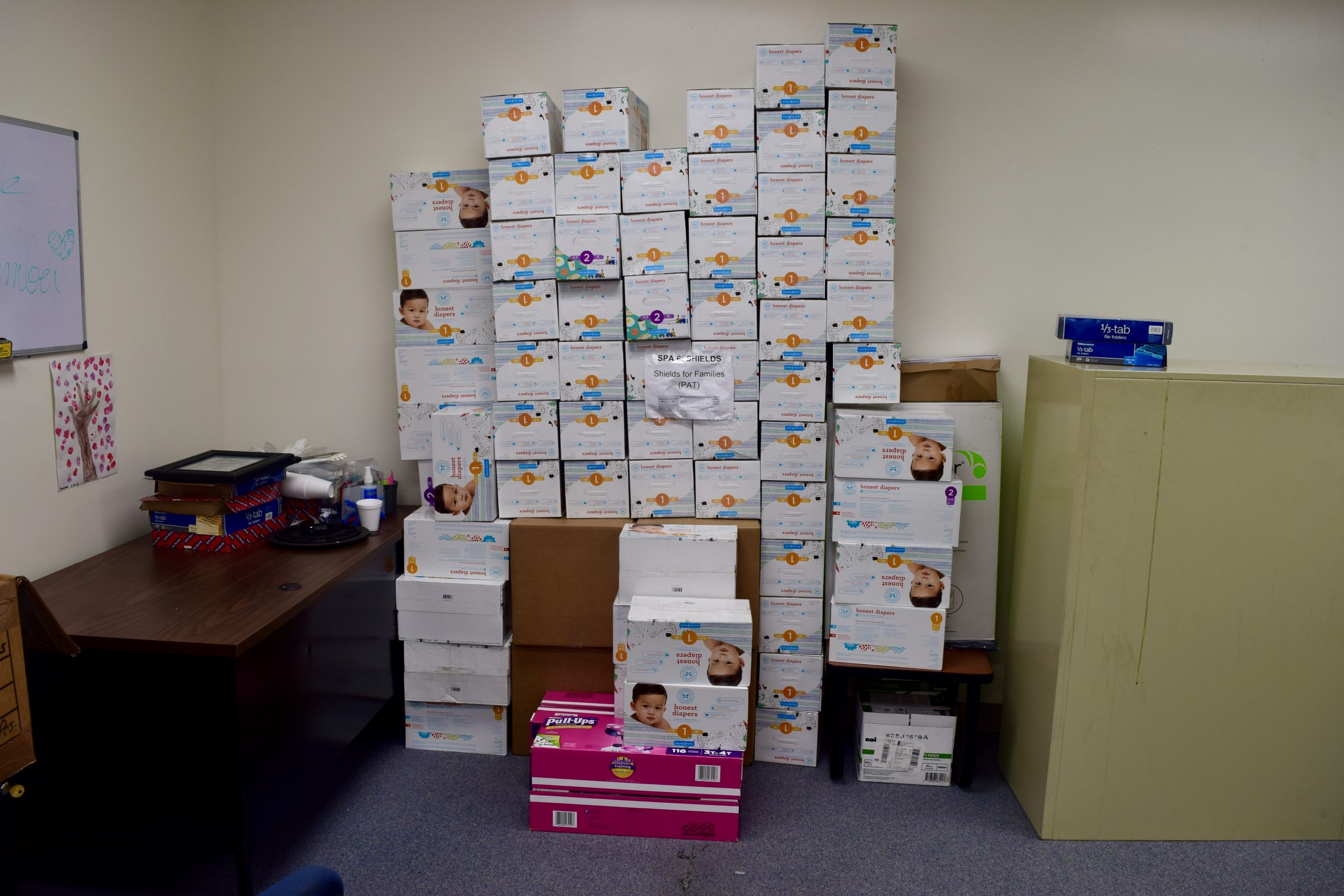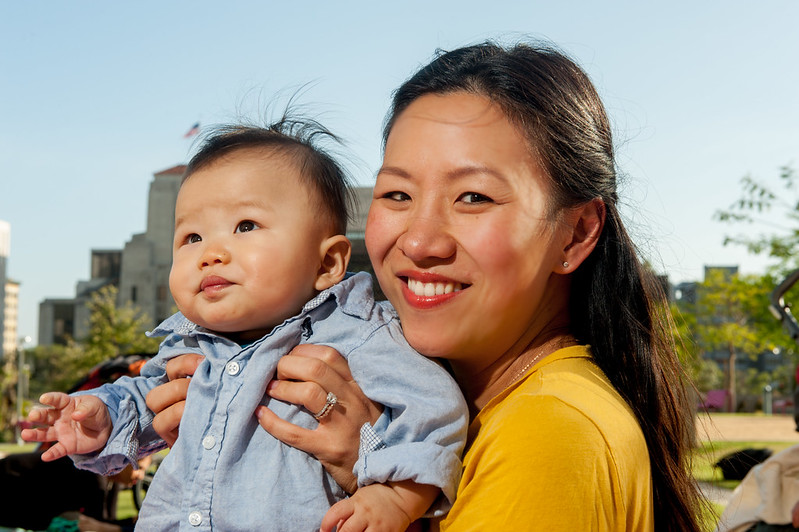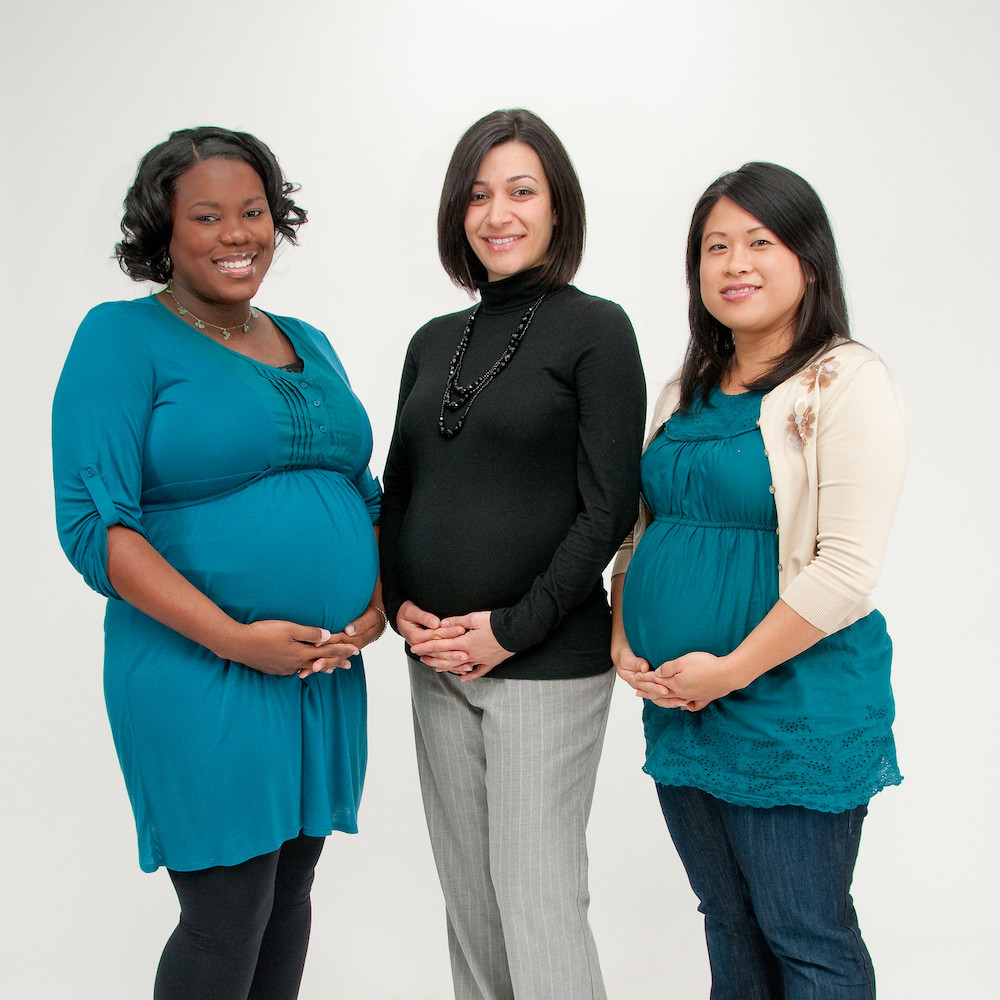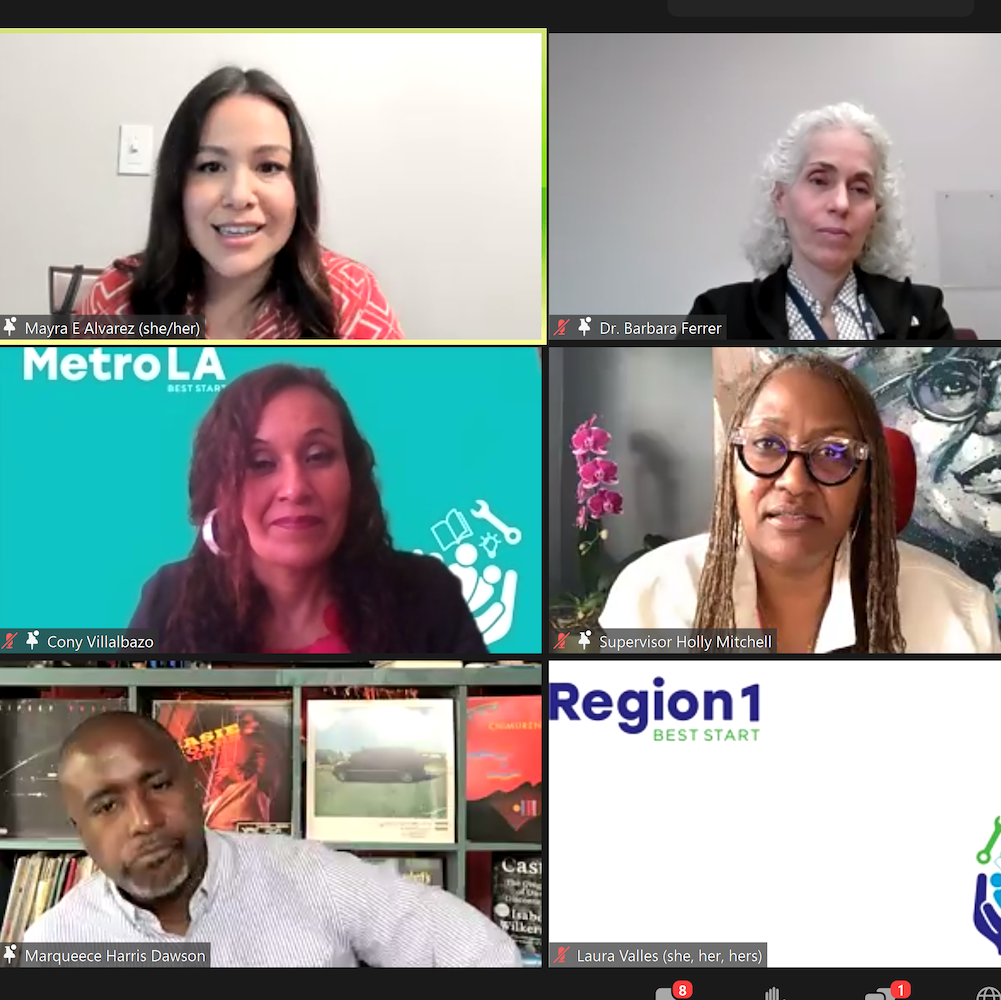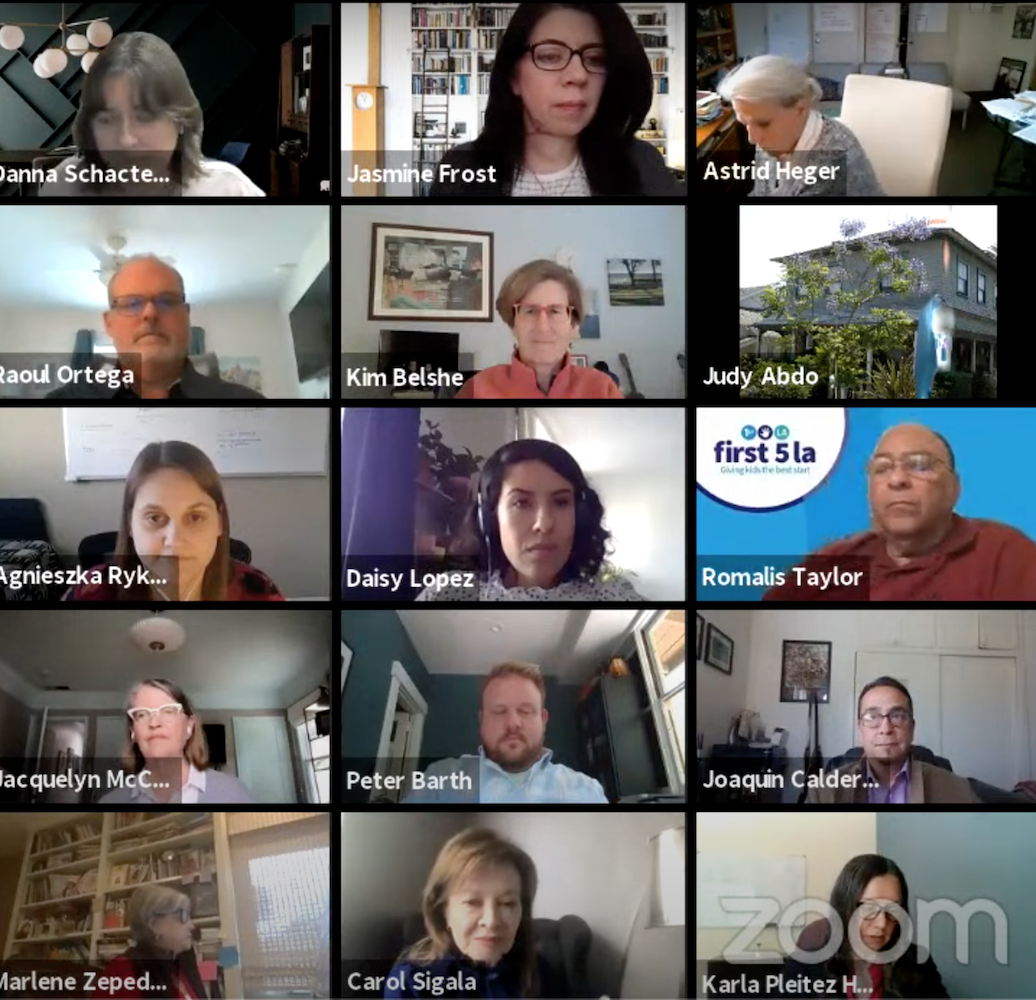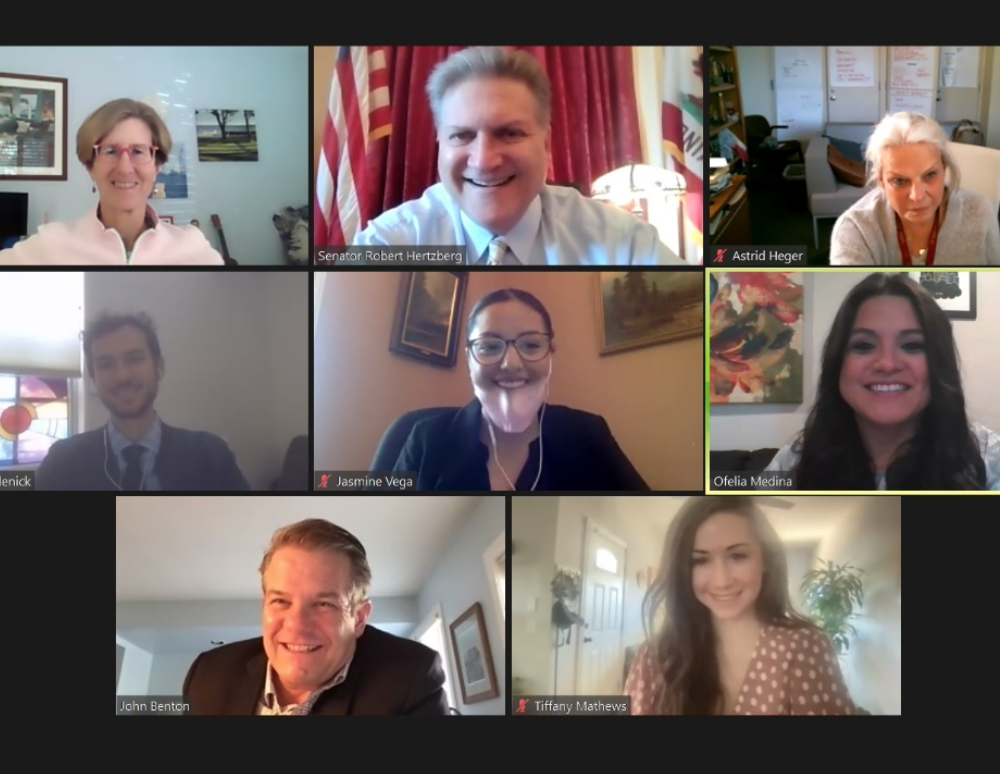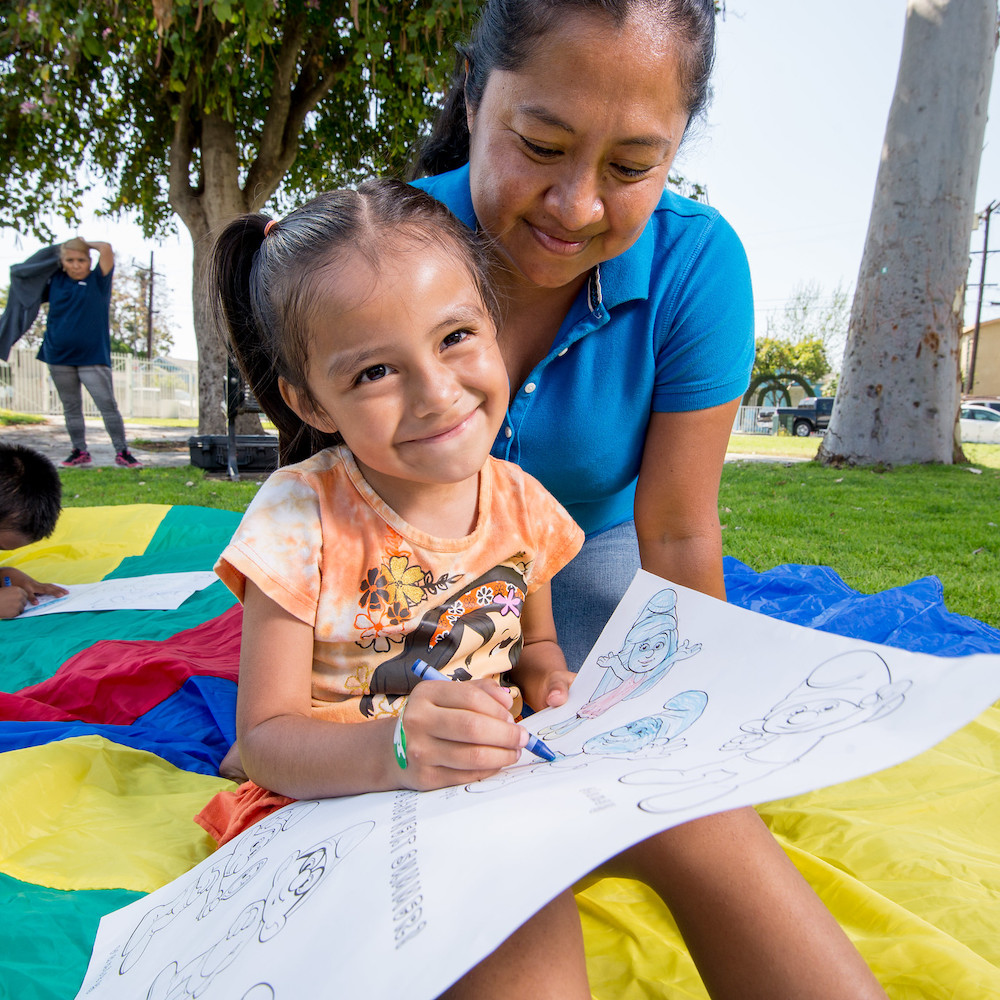Resources for Asian American and Pacific Islander (AAPI) Families
Resources for Kids/Families/Educators/Caregivers: Free Online Global Story Time 免費全球故事會 - Ni Hao Chinese Storytime aims to bring joy and laughter to your house through interesting stories, music, dance, and hands-on activities. We would like to create a space where...
Making the News: Pregnancy, Vaccines, and Informed Decisions
May 27, 2021 When the Food and Drug Administration...
Bill of Human Rights Aims to Pave a Path to Equity
May 27, 2021 Free public transportation. More parks and...
May 13, 2021 Board of Commissioners Summary
May 27, 2021 First 5 LA...
Advocacy Day ’21: Breaking Down Barriers in Pandemic Year
May 27, 2021 | 11 Minute Read What’s...
Staging a “Comeback” for California Kids and Families: An Analysis of Gov. Newsom’s May Budget Revise
...

